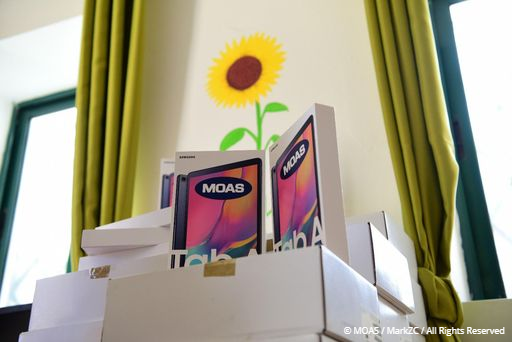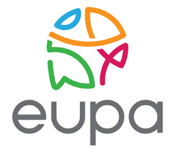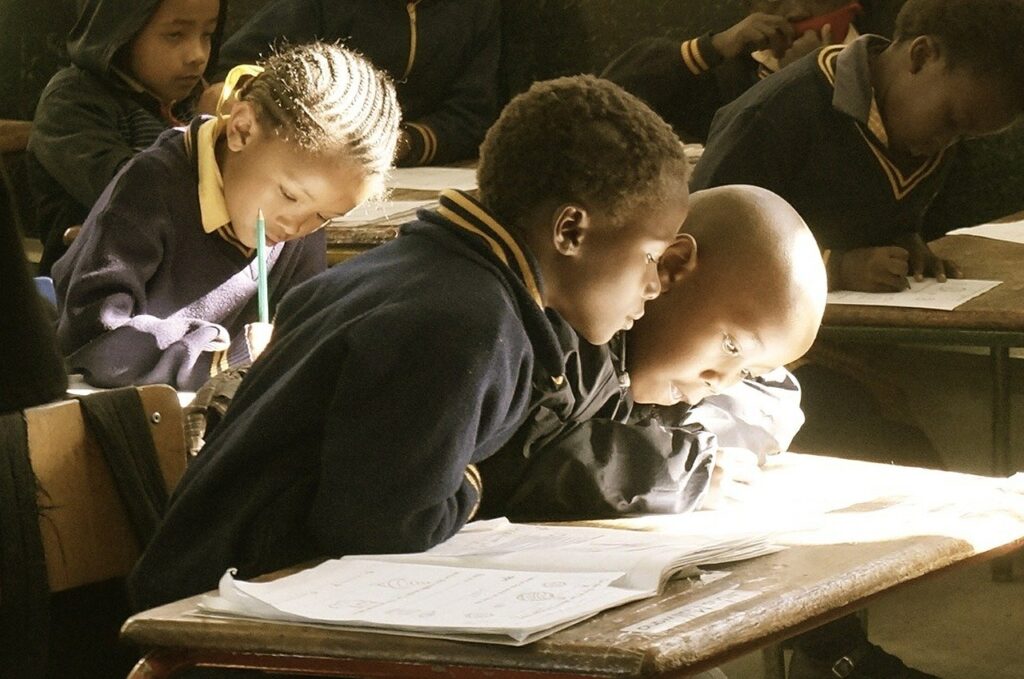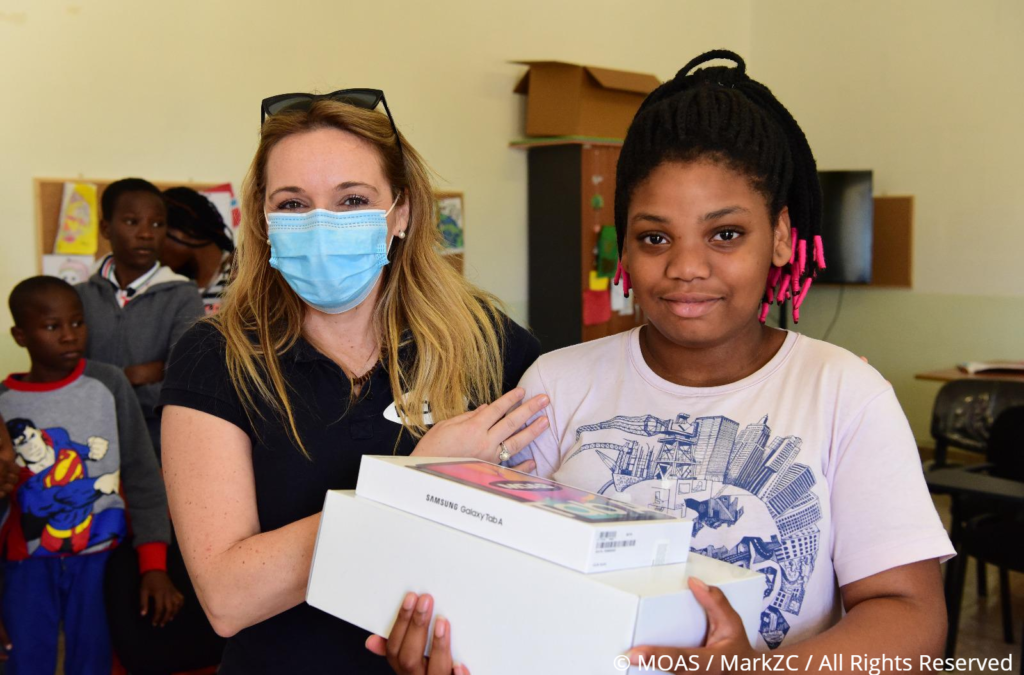Education represents one of the most important elements in ensuring societies can mature and become aware of what is around them and to allow people to shape their thoughts and minds. International Literacy Day, which is celebrated every year on 8th September, is an opportunity to reiterate the priority of culture and education and to reflect on the world’s literacy challenges, particularly in terms of access to quality education and learning opportunities for all the people around the world.
The value and importance of education cannot be underestimated, even during difficult times when access to it might become more challenging. The COVID-19 pandemic represents a great example of this: during this time, when education systems were disrupted due to lockdown and restrictive measures, nearly 1.6 billion learners in more than 190 countries and all continents had to discover and experiment with new ways of learning that would go beyond desks and books. Progress in technology allowed students to keep following their lessons and classes through remote online learning, with the possibility of following courses and their teachers from home through smartphones, tablets or PCs and an Internet connection. Students therefore experimented with this new method, that with its pros and cons allowed them not to lose track of their school progress.
However, the results of this crisis were diverse. Even if an emergency solution not to interrupt education was found for some, the crisis exacerbated pre-existing education disparities by reducing the opportunities for many of the most vulnerable children, youth, and adults – those living in poor or rural areas, girls, refugees, persons with disabilities and forcibly displaced persons. These inequalities were often further aggravated, by a lack of access to technological facilities making it impossible for them to access education remotely, resulting in more discrimination for communities already marginalized, thus depriving them of the fundamental human right to education.
MOAS’ REMOTE LEARNING PROJECT

MOAS is always on the side of the most vulnerable groups and always committed to filling the gaps created by discrimination. Access to education represents a major concern for MOAS, and we realised that the restrictive measures in Malta due to the COVID-19 pandemic were further widening the gap in regard to migrant children’s education. Malta’s open centres, which house approximately 4,000 asylum seekers and refugees, were closed and put on lockdown during the pandemic. Consequently, the children that live in these centres with their families, were unable to access public educational resources. Whilst classes were resuming at many schools through the use of online learning platforms, children living within 3 open centres across Malta during lockdown were without access to laptops, electronic devices or an adequate internet connection. Many migrant children were therefore going without an education, threatening to hold them back from progressing to the next year due to lack of attendance and performance review.
In response to this, MOAS has launched the Remote Learning Project, with the aim to give these children access to education through the purchase of technology for educational use. Through this initiative, MOAS will provide 40 tablets and internet connections to vulnerable migrant families to help them maintain access to education throughout these difficult times.
The project has been implemented in collaboration with the Agency for the Welfare of Asylum Seekers (AWAS), who identified the recipient families and coordinated with MOAS for the development of the project and the delivery of the items. These personal electronic devices and internet connectivity allowed these families and children not only to engage in their school activities but also abide by all rules of social distancing and quarantine through access to needed resources from their own homes.
THE KEY ROLE OF EDUCATION
Initiatives like our Remote Learning Project can help people during these moments of uncertainty, when our lives and routines have been disrupted and changed. Even in these extraordinary moments we acknowledge how essential culture and education are, as they can really give opportunities to everyone hoping for a better future. That is why at MOAS we work hard to promote change, by activating our projects and continuously supporting migrant and refugee families, allowing students to go on with their education and making sure that they can continue their studies, even if in new and unusual ways.
What remains essential for everyone, and especially for the work of MOAS, is making sure that education can be accessible for all despite their conditions and that new ways and methods of learning can be implemented and that education systems can be improved, so that they can be stable enough to face crises like COVID-19 without further widening social gaps.
If you are interested in the work of MOAS and our partners, please follow us on social media, sign up to our newsletter and share our content. You can also reach out to us any time via [email protected]. If you want to support our operations, please give what you can at www.moas.eu/donate.



